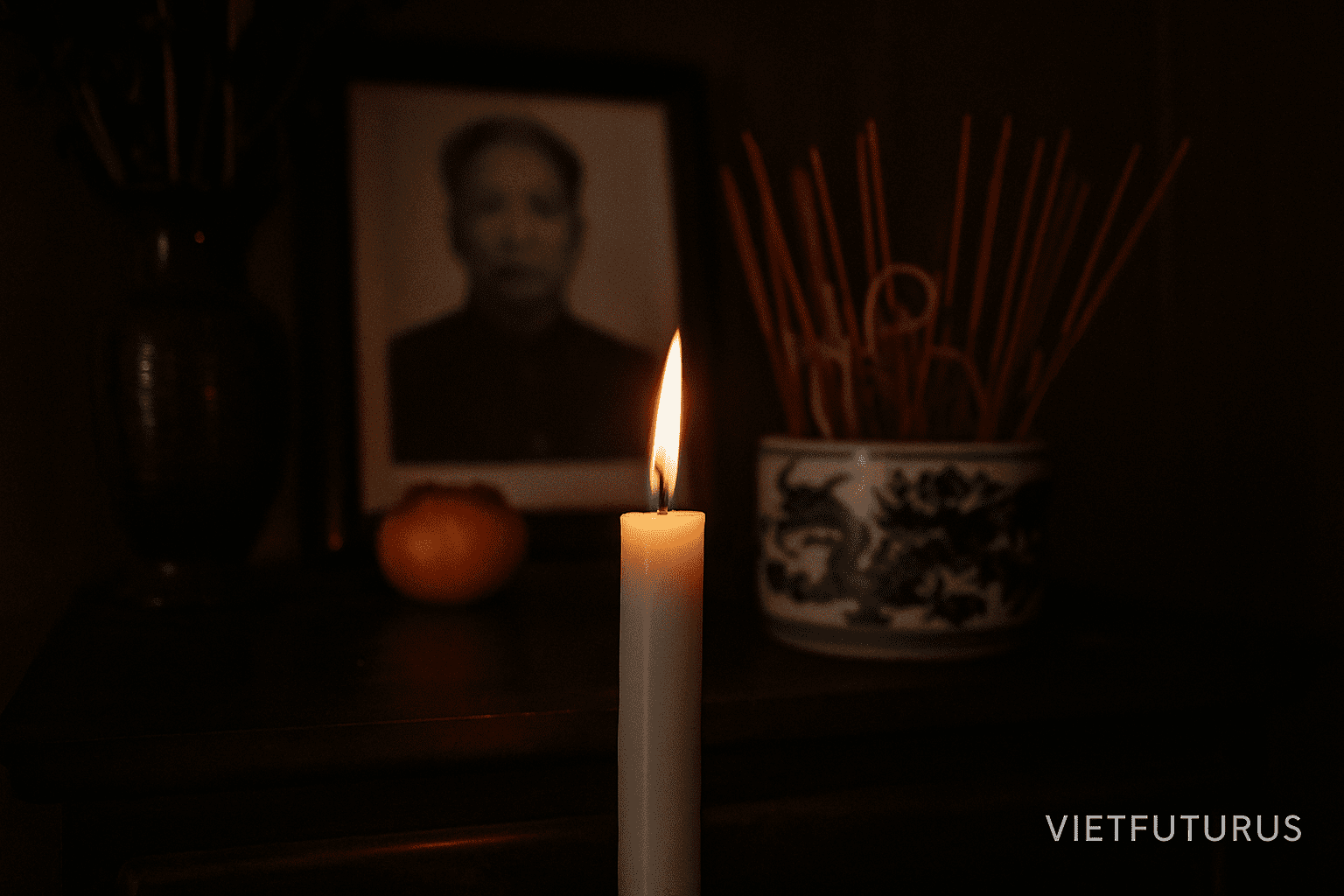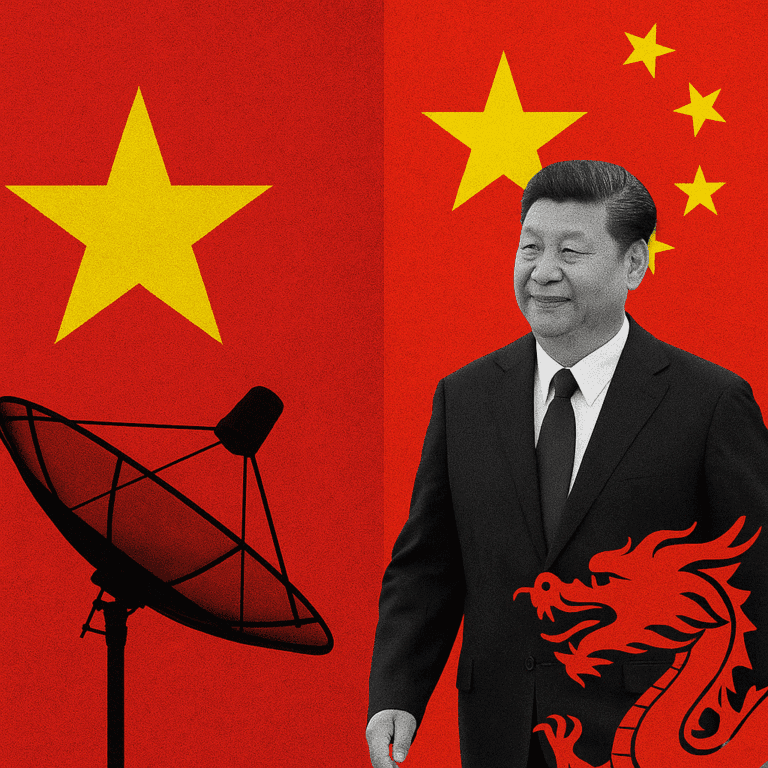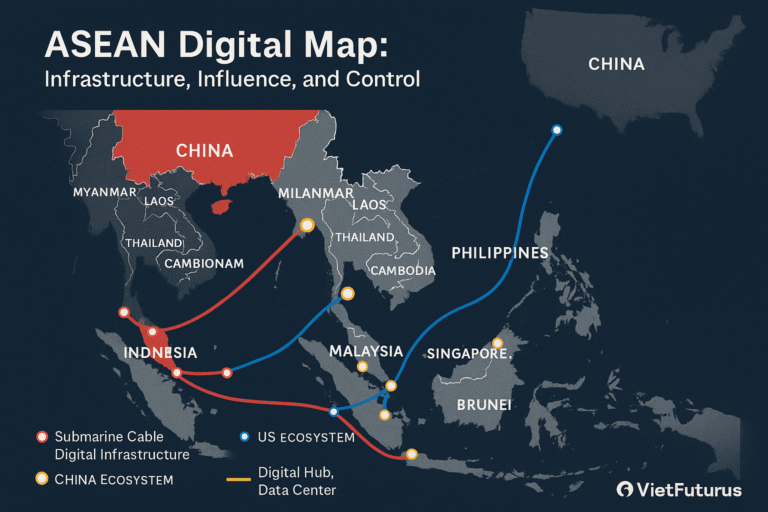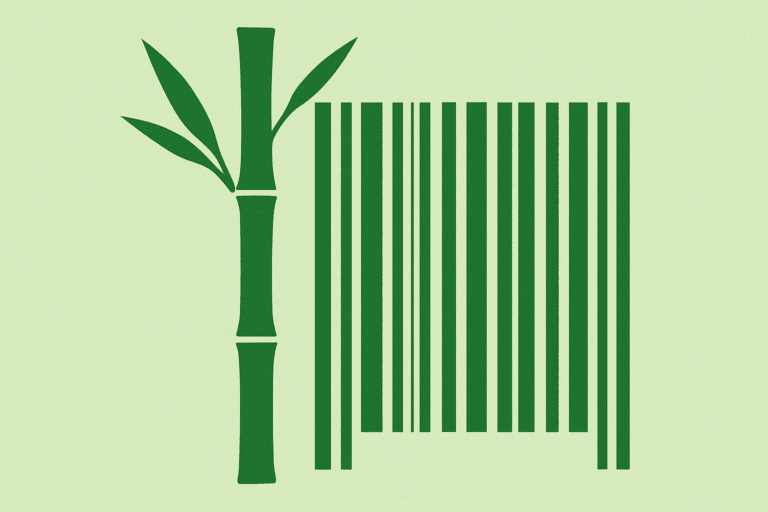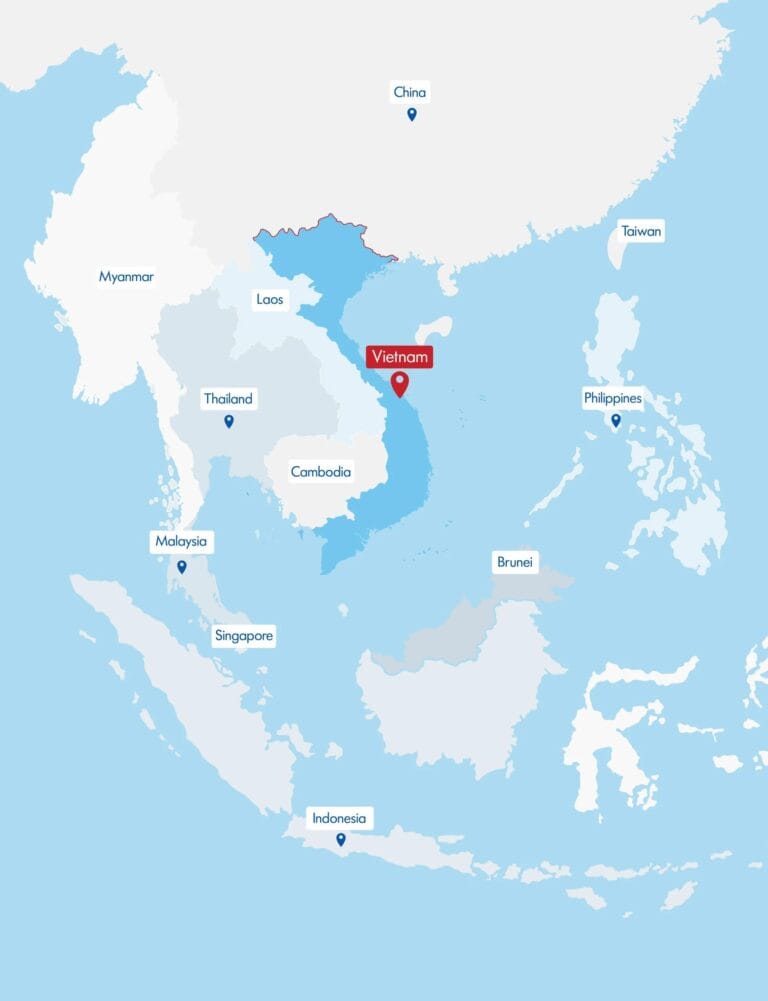The Inherited Distance: Diaspora Trauma Inheritance and the Blueprint of Emotion
Diaspora trauma inheritance is one of the least visible — yet most powerful — forces shaping identity in exiled communities.
Across generations, silence replaces storytelling, emotion replaces memory, and the wounds of displacement become embedded in how we love, fear, and relate.
This essay explores how the emotional legacy of exile is passed down not through words, but through absence — and how recognizing this inheritance is the first step toward healing.
Understanding Diaspora Trauma Inheritance
This pattern is part of what we explored in our broader inquiry into cultural identity refractions — how memory and belonging fracture in diaspora.
Diaspora trauma inheritance is not a metaphor.
It’s a structure – quietly built, passed down like blood and surname.
In many diasporic families, trauma is not spoken. It’s encoded.
It moves through the tone of a parent’s voice, the tension in their shoulders, the things they never say when asked about the past.
We inherit more than culture.
We inherit survival strategies – and their emotional cost.
This is the emotional legacy of exile: vigilance without reason, guilt without case, grief without narrative.
These inherited emotional wounds do not begin with us.
But we feel them – deeply.
The Shape of Silence Across Generations
These inherited silences often form part of a larger pattern of unofficial cultural memory — the rituals and griefs that survive without permission.
One of the clearest signs of diaspora trauma inheritance is intergenerational silence.
A father who never speaks of war still teaches fear through his caution.
A mother who never tells her escape story still teaches anxiety through her gaze.
Children absorb what is never said.
We grow up fluent in emotions we never name – preparing for loss, mistrusting comfort, loving with caution.
This silence is not coldness; it is protection. But over time, it becomes a cage.
Unspoken trauma does not disappear.
It simply settles deeper – into instinct, intimacy, identity.
When Grief if Felt, Not Remembered
This is echoed in our essay on fractured identity through language — how unspoken grief shapes who we become.
Cultural grief if often not logical. It’s cellular.
You don’t need to witness the refugee boats to fear the ocean.
You don’t need to lose a homeland to feel the ache of rootleness.
That is the strange inheritance of diaspora trauma: emotion without origin.
We feel grief for stories we were never told.
We long for places we’ve never been.
We mourn in languages we don’t speak well.
Memory, when denied the form of story, becomes emotion.
It doesn’t move through language. It moves through the body.

Healing from Diaspora Trauma Inheritance
But inheritance is not fate.
The patterns can be broken.
Healing begins with noticing – and naming.
We cannot rewrite our family’s past.
But we can soften the future.
Start with presence.
Sit with the silence without demanding answers.
Write what you know, even if it’s fragmented.
Ask questions, not for information, but for connection.
You are allowed to feel what your parents could not name.
You are allowed to heal what they could not touch.
And you are allowed to raise children who inherit stories instead of silence.
This is how we transform diaspora trauma inheritance into resilience – not by erasing it, but by making it conscious.
Closing Signal: Choosing a Different Legacy
You are not just a receiver of legacy.
You are a rewriter.
In every moment you choose softness over silence, clarity over suppression, presence over avoidance – you change the script.
You build a different inheritance.
The inheritance distance does not have to define your future.
From that distance, you can build new closeness.
Let the story begin with you.

